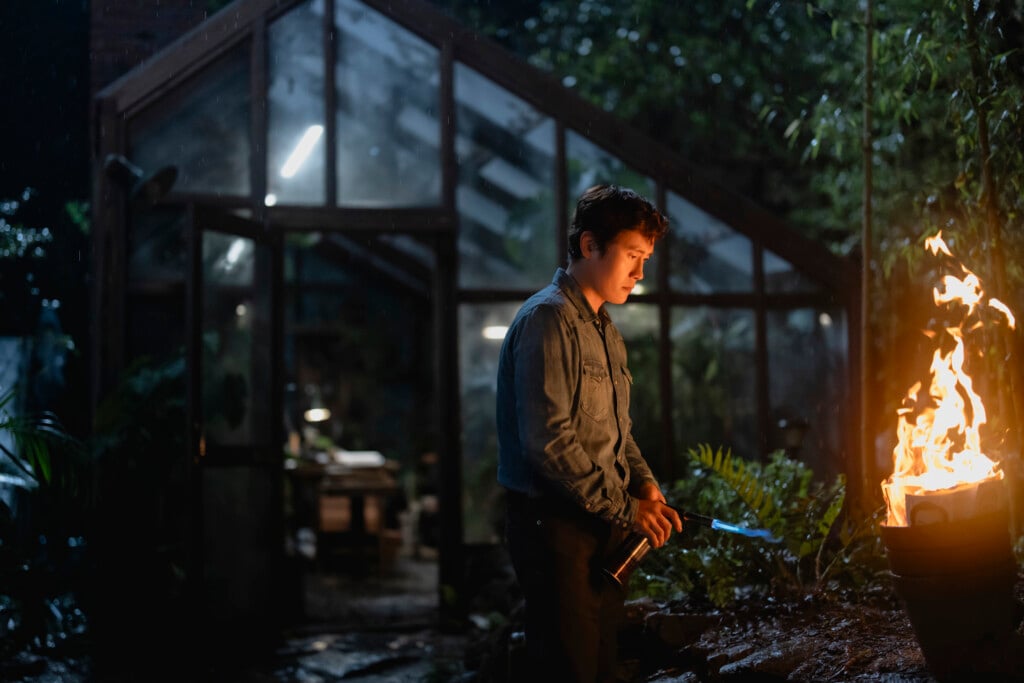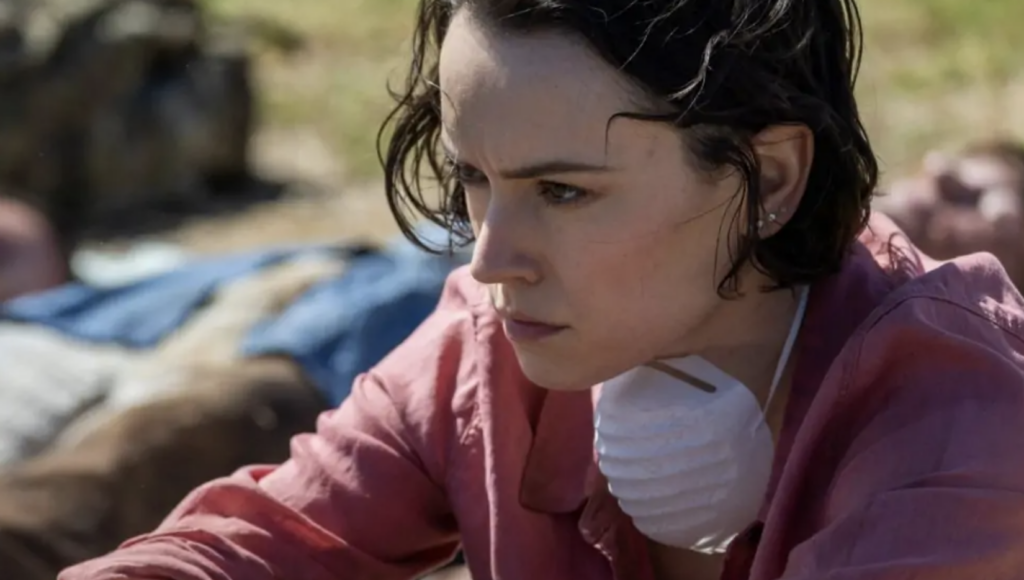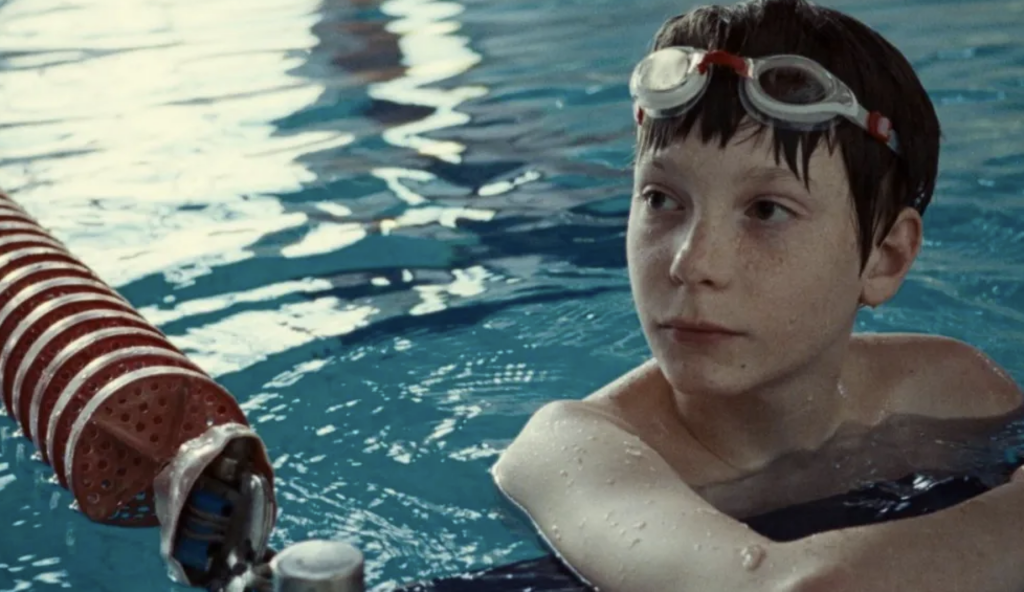Australian horror flick The Moogai uses Indigenous trauma to fuel a new boogeyman
"I just need to feel this way until I don't feel this way anymore."
I’ve felt left behind in the general antipathy directed at horror films “based in trauma” as an excuse to wave away a whole swath of films from the last decade. Plenty of people I like and respect have started yawning at the predictable nature of what they see as a recent turn into every terror flick needing to explain how it is rooted in one character’s personal pain. This dismissal always seemed bizarre to me, considering that every horror film I love—and most of the genre itself—is inseparable from the real-life horrors that make the scary parts actually scary.
Werewolves, a man who turns into a wolf at night, isn’t nearly as frightening as the idea that you, yourself, might embody some form of recursive violence. Everything Stephen King’s ever produced is born of some combination of losing a battle to addiction and/or impostor syndrome. Jacob’s Ladder isn’t a poster mounted on my wall without a history of the United States failing to support the troops. So I think what folks are burning out on is really the A24 model of centering complex or abstract narratives around some overly particular, common human stain—and using all the same tropes to hammer that message home.
I think maybe the folks I’m looking to on this, and feeling out of step with, are burnt out on rehashing the same traumas over and over again.
To them, I offer up a new take on something so far outside their wheelhouse that it would be impossible to hand-wave away the “seen it before” de-platforming.
Produced by Causeway Films [the team behind Australian break-outs like Talk to Me and The Babadook], the new feature The Moogai aims for a bleak part of their country’s history. Particularly a period in the early 70s when the government kidnapped Indigenous children in an attempt to “breed the color” out of the country. In a time when Aboriginal kids were systemically going missing, what if there was also a creature that was feasting on this same decimated population? The stories of those lost to state-sponsored violence and the stories of those lost to local fable blend seamlessly into a film that takes a monstrous part of a nation’s history and makes it a literal monster.
Again, it would be impossible for anyone to say they’ve seen this before.
In modern day, Sarah and Fergus—a hopeful young Aboriginal couple—give birth to their second baby. But what should be a joyous time of their lives becomes sinister when Sarah starts seeing a malevolent spirit she is convinced is trying to take her baby. Fergus, who can’t see it but desperately wants to believe her, grows increasingly worried as she becomes more unbalanced. Is the child-stealing spirit real or is she the biggest threat to the safety of their family?
Jon Bell’s debut feature (expanded from a short of the same name) never quite reaches the tier of scares or set-ups that its Causeway Films brethren achieve. The acting here is spot on across the board, but the script and scenes themselves lag in maintaining the momentum or fear you know The Moogai is aiming for. All the pieces are in the right place here for a breakthrough international horror hit, but the delivery drifts off into generic territory. The beginning and the end of the movie have really big things to say, and impactful ways to hit those marks. The majority of the film is, unfortunately, adrift in overused ideas about a mom who might be hallucinating scares around her baby, and no one takes it seriously.
It’s a letdown to see such a specific lane of high-concept horror drift into mundane tropes when there was such a fantastically grim sandbox to play in. The Moogai is by no means a bad film, but great bookends don’t save a lackluster second act that plays it too safe to deliver either big statements or genuine scares. For a story based in such a singular, unexplored wound, it’s a shame that too much of the flick leans on generic horror moments that could slot into any postpartum premise.
The Moogai is in theaters and on streaming May 9, 2025.






